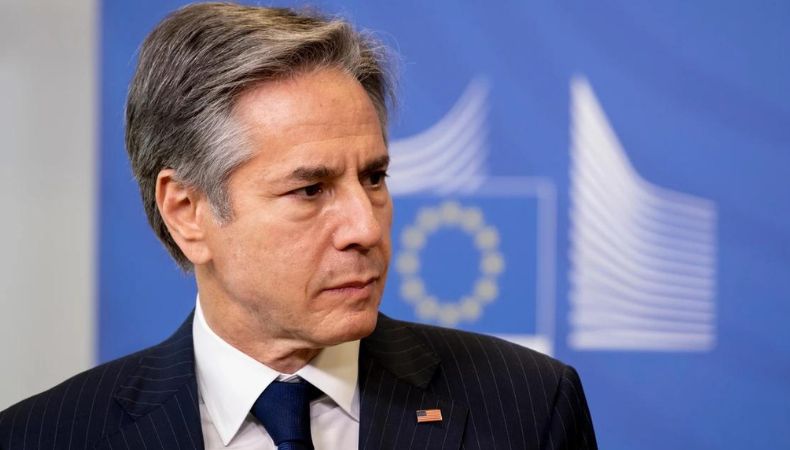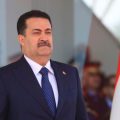Blinken Visits Egypt to Push for Gaza Ceasefire

U.S. Secretary of State Antony Blinken is set to travel to Egypt later this week in an effort to accelerate ceasefire talks between Israel and Hamas, the militant group that controls the Gaza Strip. The visit comes as tensions in the region have escalated, with Israel carrying out airstrikes in Gaza and Hamas firing rockets into Israeli territory.
Avoiding a Ground Offensive
According to reports, the United States has already informed Israel that it will not support a ground offensive in the Rafah area of Gaza, as such an operation would likely result in significant civilian casualties, including women and children. President Joe Biden has reportedly conveyed this stance directly to Israeli Prime Minister Benjamin Netanyahu in a recent phone call.
Stalled Peace Talks
The peace talks between Israel and Hamas have hit a roadblock, with the Israeli delegation returning to Tel Aviv from Qatar on Tuesday night after failing to reach an agreement. Sources within the Israeli Defense Ministry suggest that Prime Minister Netanyahu and Defense Minister Yoav Gallant have instructed the negotiators to continue discussions on Israeli terms and not accede to what they perceive as unreasonable demands from Hamas.
Hamas’ Delaying Tactics?
Israeli intelligence agencies, including Mossad and Shin Bet, have reportedly informed the Israeli War Cabinet that Hamas may be attempting to buy time and prevent a ground offensive in Rafah. According to these sources, the absconding Hamas commander Yahya Sinwar is trying to protect the four remaining Hamas battalions stationed in Rafah.
The Hamas leadership, it is believed, hopes that mounting international pressure will compel Israel to abandon plans for a ground offensive in Rafah, thereby allowing the group to preserve its remaining military strength.
Keep Reading
Blinken’s Challenging Mission
Blinken’s visit to Egypt is crucial in this context, as he will likely seek to facilitate a ceasefire agreement acceptable to both parties. However, given the entrenched positions and differing priorities of Israel and Hamas, reaching a mutually agreeable solution may prove challenging.
Israel’s primary objective is to neutralize the threat posed by Hamas’ rocket attacks and dismantle the group’s military infrastructure. Hamas, on the other hand, is focused on preserving its remaining forces and negotiating from a position of strength.
As the top U.S. diplomat shuttles between the parties, he will need to employ all his negotiating skills to bridge the gaps and find a path to a sustainable ceasefire that addresses the core concerns of both sides.










